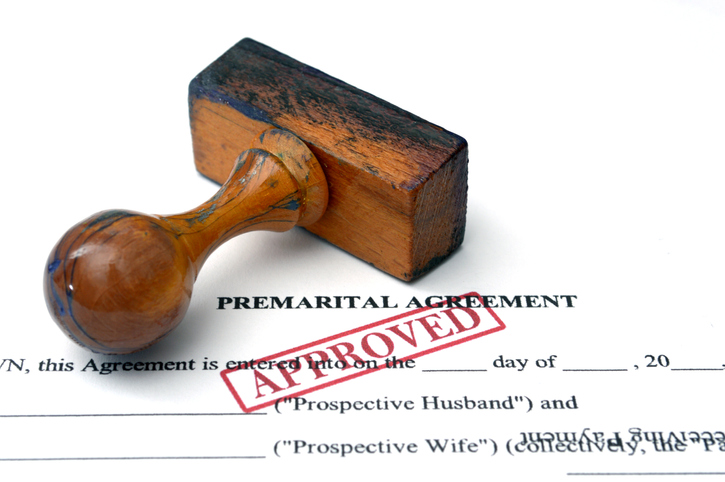 In a Texas divorce case, property acquired during the marriage is presumed to be community property. A spouse claiming property is their separate property must show that it is separate by clear and convincing evidence. Separate property is generally property that is owned before the marriage, property that the spouse acquired as a gift or inheritance, or property recovered as damages in a personal injury case. Community property is generally property acquired after the marriage that is not characterized as separate property.
In a Texas divorce case, property acquired during the marriage is presumed to be community property. A spouse claiming property is their separate property must show that it is separate by clear and convincing evidence. Separate property is generally property that is owned before the marriage, property that the spouse acquired as a gift or inheritance, or property recovered as damages in a personal injury case. Community property is generally property acquired after the marriage that is not characterized as separate property.
In a recent case, a wife challenged the court’s characterization of certain property as the husband’s separate property. The wife filed for divorce. The parties agreed they had married in India in 1976, but disagreed on the date they stopped living together as husband and wife.
Husband and Wife Enter into Settlement – But Leave One Issue for Trial
The case went to trial, but, before trial, the parties entered into a Mediated Settlement Agreement (“MSA”). In the MSA, the parties agreed their community property located in India would be divided by Indian courts. The parties agreed to the characterization and division of everything except two pieces of land in India, referred to as the “Fifteen-Cent” property and the “One-and-a-half-Acres” property. The MSA stated they would “defer to characterization and confirmation of separate property” of those two parcels to the trial court.
 Texas Divorce Attorney Blog
Texas Divorce Attorney Blog



 In a Texas divorce, the court must divide the property in a just and right manner. The requirement is that the division be equitable, but not necessarily equal. The Texas Supreme Court identified several factors courts should consider in Murff v. Murff. These factors include the parties’ physical conditions, education, financial condition, abilities, and ages. A husband recently
In a Texas divorce, the court must divide the property in a just and right manner. The requirement is that the division be equitable, but not necessarily equal. The Texas Supreme Court identified several factors courts should consider in Murff v. Murff. These factors include the parties’ physical conditions, education, financial condition, abilities, and ages. A husband recently 



 For many Texans, their 401(k) plan is one of their largest assets – particularly for those who have made regular contributions throughout their career. On top of that, 401(k) plans often hold symbolic significance above and beyond their sheer dollar value. To some, they represent safety, security, and an end to the monotonous rat race. For others, they are a prize, a badge of honor earned after countless late nights at the office. However, no matter the role they play in your life, the thought of losing half of your hard-earned nest egg can be terrifying. This begs the question: how much of your 401(k) is actually at stake in a Texas divorce?
For many Texans, their 401(k) plan is one of their largest assets – particularly for those who have made regular contributions throughout their career. On top of that, 401(k) plans often hold symbolic significance above and beyond their sheer dollar value. To some, they represent safety, security, and an end to the monotonous rat race. For others, they are a prize, a badge of honor earned after countless late nights at the office. However, no matter the role they play in your life, the thought of losing half of your hard-earned nest egg can be terrifying. This begs the question: how much of your 401(k) is actually at stake in a Texas divorce?  A Texas premarital agreement can help protect each party’s assets in the event a marriage ends in divorce. Premarital agreements may also include other provisions, including a requirement to submit certain issues to binding arbitration instead of for determination before a judge or jury. In a
A Texas premarital agreement can help protect each party’s assets in the event a marriage ends in divorce. Premarital agreements may also include other provisions, including a requirement to submit certain issues to binding arbitration instead of for determination before a judge or jury. In a